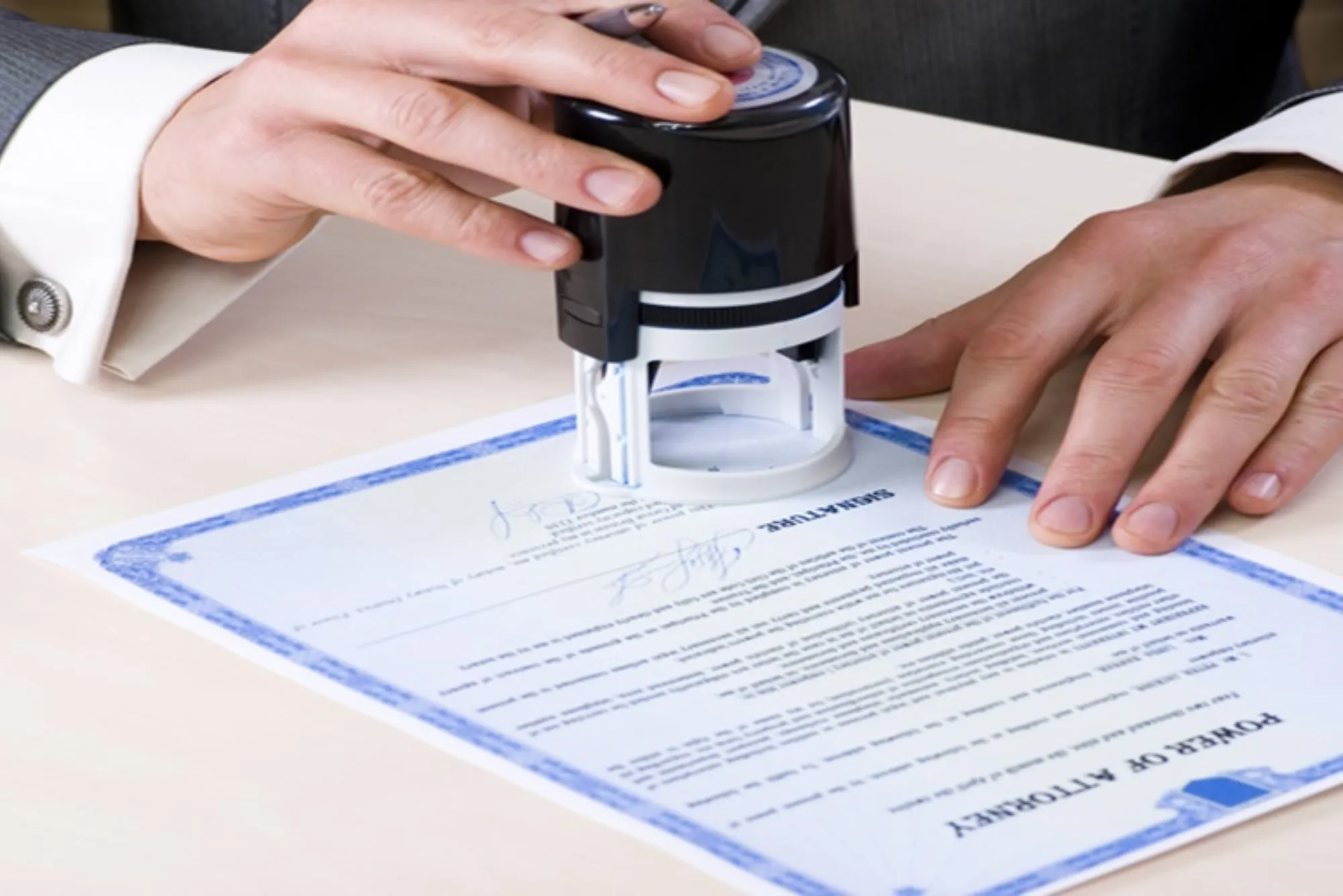UK Commercial Judgments: What Happens After Court Orders Payment?
When a UK court issues a commercial judgment, it’s a legal order for a business or individual to pay a debt. But what happens next? If you’ve won a case but still haven’t received your money, there are legal tools available to enforce that judgment.
This topic also provides useful context for international readers, especially those researching the Dubai Court of Appeal or seeking experienced lawyers in Dubai for cross-border commercial disputes.
What is a Commercial Judgment in the UK?
A commercial judgment is a court decision made after a dispute between businesses or parties over money owed. Once the court rules in your favour, the judgment becomes enforceable by law.
Immediate Steps After a Judgment is Issued
Usually, the debtor is given 14 to 28 days to make payment voluntarily. During this time, you can also negotiate payment terms. However, if the debtor fails to pay, enforcement action becomes necessary.
What If the Debtor Doesn’t Pay?
UK law allows several enforcement options to recover your money. Each method has its own process, timeline, and suitability depending on the debtor’s assets and income.
1. Writ of Control (County Court Bailiff or High Court Enforcement)
This allows enforcement officers to visit the debtor’s premises and seize goods to sell for repayment. You can apply via County Court, or transfer the case to the High Court if the debt is over £600. High Court enforcement is faster and often more effective.
2. Attachment of Earnings Order
This order allows deductions to be made directly from the debtor’s salary. It applies only to individual debtors who are employed. The court sends instructions to their employer to deduct and pay you until the debt is cleared.
3. Third Party Debt Order
This freezes money held in the debtor’s bank account. If granted, the bank will release funds directly to you. It’s a powerful tool but may be difficult if the debtor changes banks or has no funds.
4. Charging Order on Property
This secures the debt against the debtor’s land or house. If the property is sold, you’re paid from the proceeds. You may also apply for an Order for Sale if payment is still not made.
Can Interest Be Claimed After Judgment?
Yes, you can claim statutory interest (usually 8% per annum) from the date of the judgment until payment. This can be a strong motivator for debtors to pay quickly.
Legal Advice: When Should You Get Help?
If the debtor is ignoring all communication or enforcement fails, it’s wise to involve a solicitor. Professional help ensures procedures are followed correctly, and you don’t waste time or money. In international cases, including those involving the Dubai Court of Appeal, working with lawyers in Dubai may also be necessary.
Real Case Example: Business Wins £25,000 Judgment
A logistics firm won a court case against a supplier who refused to pay. When the supplier didn’t comply within 21 days, the firm obtained a High Court Writ of Control. Officers seized electronics worth £12,000, and the remaining balance was paid within 3 weeks.
Conclusion: Know Your Rights and Act Quickly
Winning a commercial judgment is just step one. Enforcing it effectively can recover what’s rightfully yours. Don’t delay; choose the method that suits your case and start the recovery process immediately.
FAQs
How long does a commercial judgment last in the UK?
Six years from the date it’s issued.
Can I stop enforcement once it starts?
Yes, if the debtor begins to pay or a settlement is agreed.
Will it affect the debtor’s credit score?
Yes, County Court Judgments (CCJs) are recorded and affect credit ratings.
📌 Note: This article also includes guidance relevant to international legal matters, particularly for those exploring appeals via the Dubai Court of Appeal or seeking advice from qualified lawyers in Dubai.
📌 Related Insight:
If you’re dealing with international disputes or need legal support beyond the UK, our detailed guide on how to appeal a judgment in the Dubai Court of Appeal explains the procedures and how expert lawyers in Dubai can assist in cross-border commercial matters




